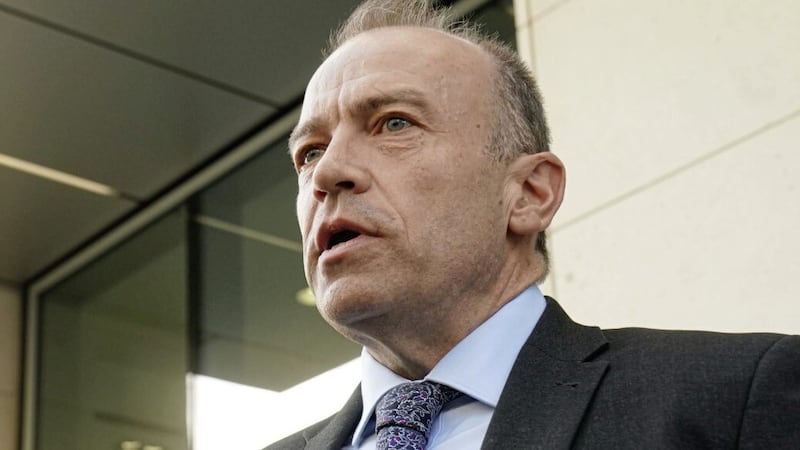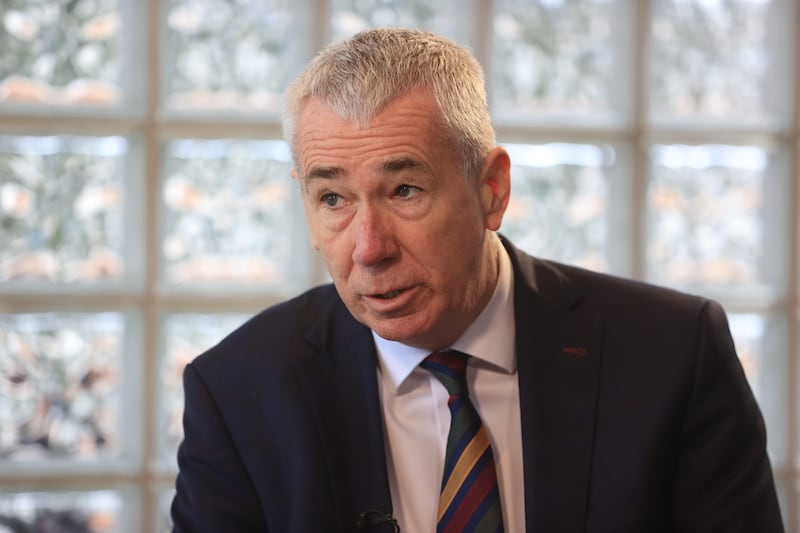THE SECRETARY of state has been warned "not to use DUP tactics" against the Northern Ireland public in an effort to get power-sharing restored.
Chris Heaton-Harris is next week expected to provide details of fresh legislation that will provide Stormont departments with some spending certainty and give civil servants additional powers in the absence of executive ministers.
The six-month period for restoring an executive expired on October 28, triggering the end of the caretaker ministers' tenure.
Earlier this month, Mr Heaton-Harris said he would be introducing legislation to "provide a short, straightforward extension to the period for executive formation".
His bill will extend last month's deadline by six weeks to December 8, with the potential of a further six week extension to January 19.
As well as pushing back the deadline by which he must call an assembly election and potentially cutting MLAs' salaries, the secretary of state also signalled his intention introduce legislation to "address the serious budgetary concerns" and extend the powers of departments' permanent secretaries.
Read more: What does the secretary of state for Northern Ireland do?
In his Westminster statement last week, Mr Heaton-Harris spoke of a "massive £660m black hole in this year’s public finances at the same time as their public services are deteriorating". Former finance minister Conor Murphy cited the same figure in October when talking about Stormont's funding deficit.
The Sinn Féin minister blamed the impact of inflation and the lack of a functioning executive.
Alliance deputy leader Stephen Farry last night said there was "no real substitute" for fully functioning institutions but he suggested clarity was required around the remit of senior civil servants.
"Governance via civil servants will almost be cautious, constrained and limited, that said, in less than ideal circumstances, there is scope for clarifying the powers and scope of civil servants in this context," he told The Irish News.
He said direct rule – "with or without an Irish dimension", –would be "much more remote".
"This crisis or governance and accountability comes at a time when so many crucial decisions need to be taken," the North Down said.
There are also fears that the Tory administration will use tactics reminiscent of former Labour secretary of state Peter Hain, who in 2007 used the threat of introducing water charges to encourage the restoration of power-sharing after Stormont had been mothballed for five years.
SDLP MLA Matthew O'Toole said the DUP's Stormont boycott was "risking the viability of basic public services and is immoral and indefensible".
"While the UK government needs to be clear with the DUP that they need to stop blocking government they should not to use DUP tactics against people in Northern Ireland," he said.
"Ultimately, the only priority should be getting back into Stormont to do our jobs and try to make life easier at a difficult time for those who elected us."





